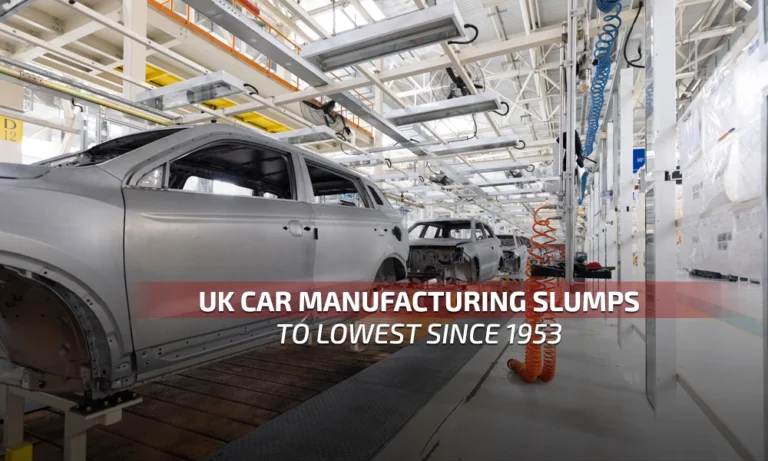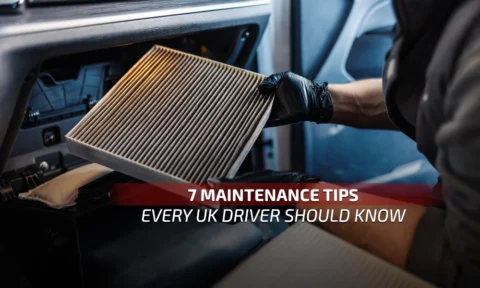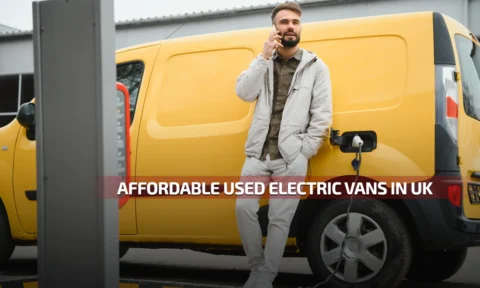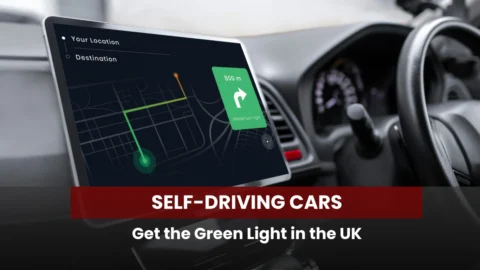2025 hasn’t been kind to British carmakers.
According to the latest figures, UK car manufacturing dropped to levels not seen since 1953—a jaw-dropping blow to an industry that once led the world in automotive engineering.
In the first half of 2025, total car output fell by over 35%, with some factories halting production altogether.
While European giants like Germany and Italy stabilized, and China surged ahead, the UK’s car sector seems stuck in reverse.
Let’s unpack what’s going wrong—and whether this nosedive is fixable.
Legacy Brands Are Struggling to Compete
Iconic UK-based manufacturers like Jaguar Land Rover, Mini, and Aston Martin are feeling the squeeze.
Global demand is shifting toward EVs, compact hybrids, and cheaper imports.
Unfortunately, British automakers haven’t transitioned fast enough.
Despite pledges to ramp up electric vehicle production, the UK’s high production costs and limited battery manufacturing capacity are keeping things sluggish.
Many planned investments—like gigafactories—are either delayed or canceled.
Brexit Fallout Still Haunts the Supply Chain
Five years on, Brexit continues to gum up the works.
Border checks, trade barriers, and friction with the EU have made it more expensive to export parts and finished cars.
Suppliers are choosing to build in mainland Europe instead.
Even Japanese firms like Nissan and Toyota, which once relied heavily on UK-based plants for EU exports, are quietly scaling back operations or shifting investment elsewhere.
Why Chinese and European Manufacturers Are Gaining Ground
While UK production is stalling, Chinese automakers like BYD, Nio, and Geely are expanding rapidly.
These companies offer affordable EVs with impressive specs—and they’re flooding global markets faster than legacy brands can react.
Meanwhile, European players like Volkswagen, Stellantis, and Renault have streamlined production and introduced popular mid-market EVs that appeal to both fleet and retail customers.
This leaves UK-built vehicles with fewer global takers, and dealerships across the country are feeling the pinch.
Domestic Demand Is Also Falling
It’s not just export issues—the UK car market itself is cooling.
Inflation, higher interest rates, and a cost-of-living crisis have pushed more buyers toward used cars, leases, or simply holding onto their current vehicles longer.
Fewer new car registrations mean less reason for manufacturers to ramp up domestic production.
And with EV incentives constantly changing, buyer confidence remains shaky.
What’s the Future of UK Car Manufacturing?
There’s still hope, but it requires bold action.
Industry leaders are calling for:
- Better EV infrastructure and subsidies
- Investment in local battery and chip manufacturing
- Streamlined trade agreements with the EU and Asia
- Retraining programs for factory workers
- Government incentives to attract global automakers back to UK soil
But unless these steps are taken soon, the UK risks becoming a “design-only” country—where R&D stays, but production permanently moves overseas.
FAQs
Multiple factors: high production costs, Brexit-related trade barriers, weak domestic demand, and slow adoption of EV infrastructure all contributed.
Jaguar Land Rover, Mini (BMW), and Aston Martin have all seen significant cuts in production and delays in EV transition plans.
Chinese EV makers are offering cheaper, tech-loaded alternatives that appeal to budget-conscious and eco-conscious consumers—undercutting British and European brands.
That depends on government support, trade policies, and whether UK brands can innovate fast enough to compete globally—especially in the EV space.
New car sales have dropped due to inflation and interest rates. Many buyers are turning to used cars or EV leases instead.
What This Drop Really Means
Here’s the thing—when UK car manufacturing hits its lowest point since 1953, that’s not just a number.
That’s a signal.
A warning light flashing on the dash.
I don’t think this is just about EVs or Brexit or rising costs—though all of those are clearly part of the story.
What we’re seeing is a country that hasn’t fully decided what kind of automotive future it wants.
Meanwhile, other countries have already hit the accelerator.
China? Full throttle on EVs and global exports.
The EU? Cleaner production, government-backed scaling, and still innovating.
And the UK? Still stuck figuring out whether to go hybrid or hardline electric, whether to court legacy brands or chase the Teslas and BYDs of the world.
I’ve always had a soft spot for British cars—there’s character and craftsmanship there you can’t fake.
But admiration doesn’t keep factories running.
If they don’t invest in the right places—battery tech, affordable EVs, better trade deals—they’ll just become a country of collectors and critics, not creators.This isn’t the end of UK carmaking, but it is a turning point. Let’s hope someone’s got a map.







